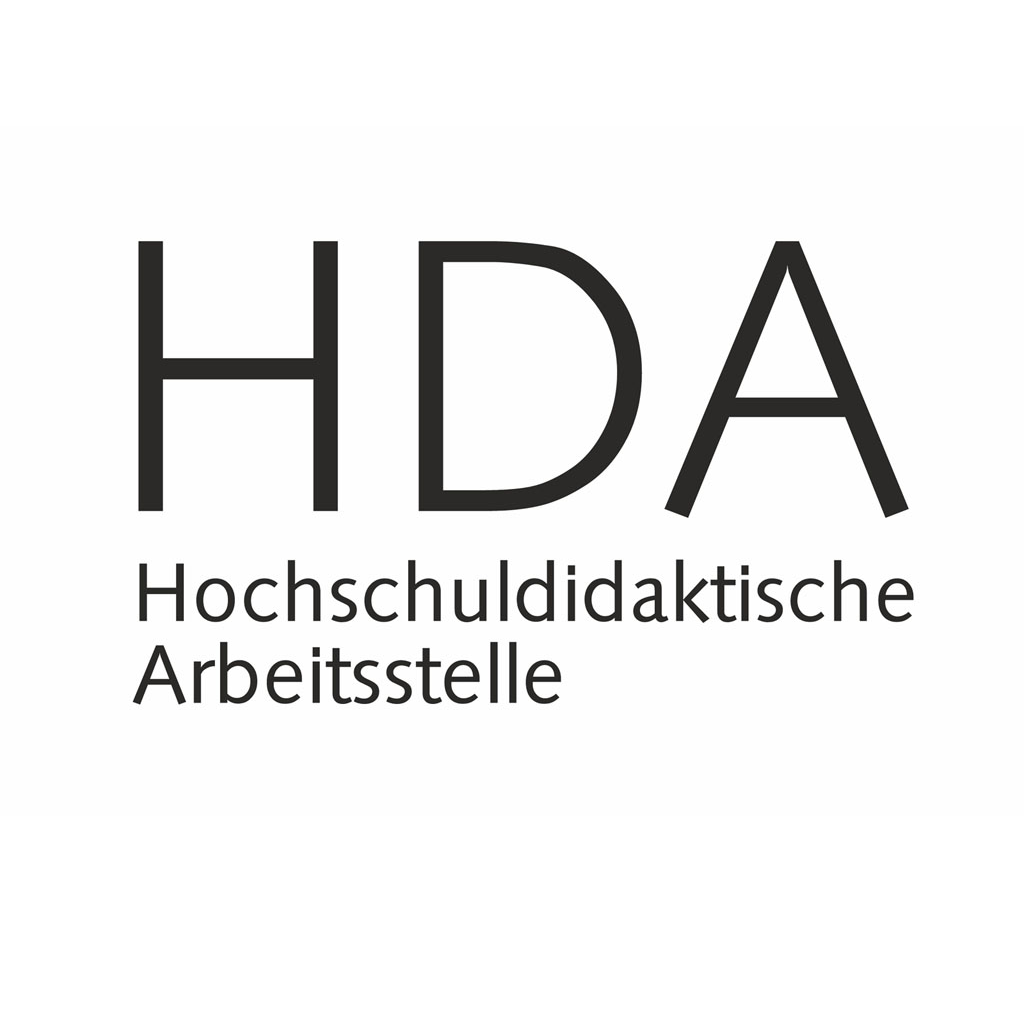FAQ about the survey process
One to two years after graduation, most alumni will be either pursuing further studies or have already gained their first work experience. In addition to the retrospective evaluation of the completed degree programme from their current perspective, the respondents can also provide information about their transition to a further course of study or to working life, as well as how their studies prepared them for their career.
The questionnaire collects information on the course of study and on study satisfaction, on the transition to further studies or employment, as well as on the current situation. Different questionnaire versions are used for Bachelor and Master graduates and graduates with a teaching degree or a doctorate.
Filling in the questionnaire on a mobile phone is possible. However, due to the length of some of the response options, not all of the questions will be optimally displayed. We therefore recommend filling in the questionnaire on a tablet, laptop or PC.
The questionnaire can be left at any time and continued at a later date by re-entering the individual PIN. All responses are saved as soon as you leave a page using the 'Forward' or 'Back' buttons. The questionnaire can be completed until the end of the survey period.
There may be several reasons for this:
- Your graduation year is not yet being surveyed: The survey does not take place until one to two years after graduation.
- No current address is available: In some cases, address research can be time-consuming. Sometimes an invitation can only be sent out after the survey has officially commenced. In rare cases, no valid address can be found until the end of the survey period (e.g. when a graduate has moved abroad).
- You have obtained a degree in a cooperative degree programme: Graduates of cooperative degree programmes that are not administered at the TU Darmstadt are not surveyed.
- You have graduated in a degree programme that is being phased out: There may not be a survey for this degree programme.
FAQ about data protection
The lawfulness of processing personal data for the purpose of evaluation is laid down in Article 6 (1e) of the General Data Protection Regulation (Datenschutz-Grundverordnung – DS-GVO). These requirements are specified in § 14 (7) of the Hessian Higher Education Act (Hessisches Hochschulgesetz – HHG). Objection to the use of the address data is possible at any time.
All students provide their address data when first enrolling at the TU Darmstadt. The data of all graduates of the respective graduation year is extracted from TUCaN and stored in a secure manner. All address data is accessible only to the responsible staff members of the Center for Educational Development and Technology (HDA) and will be deleted once the survey is completed. Data in non-electronic form will be destroyed. The address data is not passed to our cooperation partner Institute for Applied Statistics (ISTAT) or any other third parties.
Since the available postal addresses are often outdated at the time the survey is conducted, they are updated on the basis of population register data. Some postal and email addresses are obtained with the help of the Offices for Student Affairs and the Departmental Offices, provided the graduates have not objected to the disclosure of their email address for the purpose of the survey. In some cases, professional addresses of the graduates are researched on publicly accessible websites.
No information about the respondents (e.g. IP address) is saved and no cookies are installed on their devices.
FAQ about the usage of the survey data
The survey data is cleansed by our cooperation partner Institute for Applied Statistics (ISTAT) and transferred to the Center for Educational Development and Technology (HDA). In addition, ISTAT creates an anonymised overall data set (scientific use file) containing the survey data of all institutions of higher education participating in the Graduate Study Cooperation Project (KOAB).
As part of the project Study Programmes and Professions in Hesse, which started in the winter semester 2022/23 and is integrated into the KOAB project, an anonymised overall data set of all participating Hessian universities is compiled.
The survey data serves the quality development of study and teaching at the TU Darmstadt. In addition, it is an important source of information for prospective and current students.
The anonymised overall data set (scientific use file) created by our cooperation partner Institute for Applied Statistics (ISTAT) is used exclusively for scientific purposes in the field of higher education and labour market research.
The anonymised overall data set of all participating Hessian higher education institutions is compiled as part of the project Study Programmes and Professions in Hesse. It is used to report on higher education policy issues.
- University-wide publications:
Key results of the survey at subject group level are processed regularly and published on our results page Data on the response rate and representativeness is processed in a methodology report for each graduation year. - Analyses at degree programme level:
For analyses at degree programme level, the data sets of two graduation years are combined, processed in report form and made available to the deans of studies and the study coordinators. - Specific analyses:
In addition to the regular reports, analyses on specific groups (e.g. international graduates) and questions (e.g. employment situation) are prepared for each graduation year. - Hesse-wide and nationwide analyses and publications:
From the data obtained within the framework of the project Study Programmes and Professions in Hesse, our cooperation partner Institute for Applied Statistics (ISTAT) produces a state report for the Hessian Ministry of Higher Education, Research, Science and the Arts, as well as reports at the level of the individual higher education institutions for all institutions involved. Publications in the field of higher education and labour market research are produced from the data of the anonymised total data set of the Graduate Study Cooperation Project (KOAB)
The analysis and publication of all survey data is carried out exclusively in aggregated form and does not allow any conclusions to be drawn about individuals.
Survey data that could lead to the de-anonymisation of individuals will be removed before the survey results are published or passed on.
If you as a graduate or student have experienced that the culture of respect and fairness at TU Darmstadt has been violated, please contact the respective points of contact for confidential support.
General information on data protection and on the principles and standards of all surveys at the Evaluation Unit can be found on the information page of the Evaluation Unit



